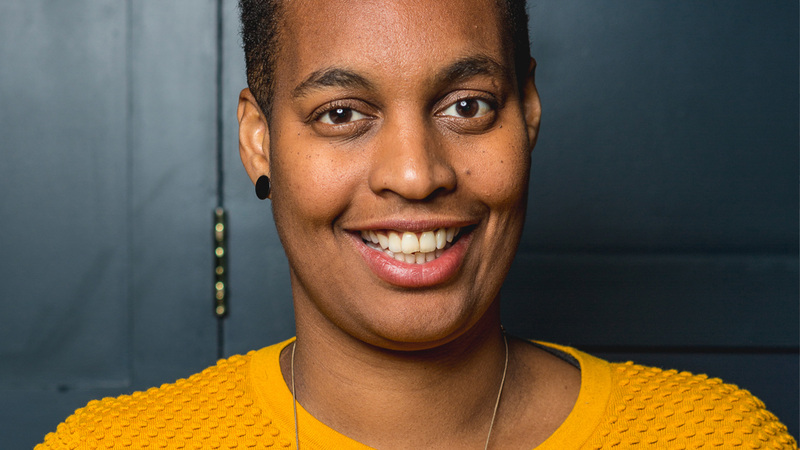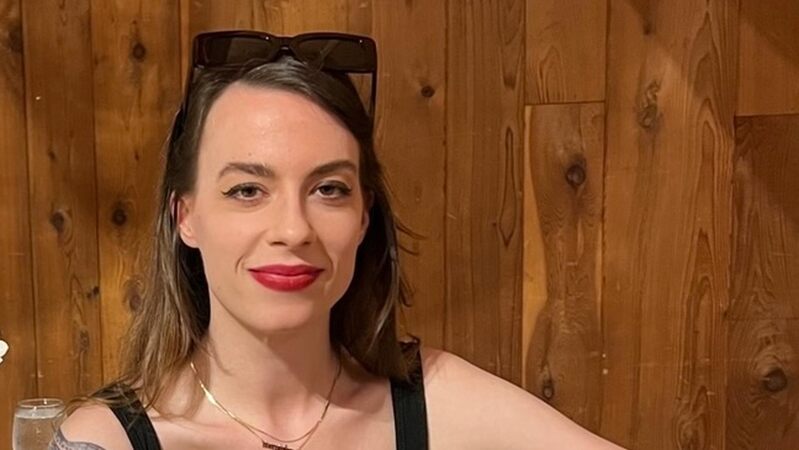You are viewing your 1 free article this month. Login to read more articles.
Rewriting the narrative around Black writers in contemporary fiction
When it comes to including children of colour in young fiction, we have come a long way but there is still room for improvement.
When it comes to the inclusion of kids of colour in young fiction, we have come a long way. In 2018, when I started my book packager, Storymix, there was a dearth of protagonists of colour in the five to eight-year-olds space. I couldn’t find a single story featuring a kid that looked like my son.
Starting a packager was a pragmatic choice born of my experience and unique skill-set of being an author, a senior commissioning editor, a writing tutor and an expert in creating kids’ book IP (including stints at Working Partners and OUP). As a packager, I knew our titles could take up space on the shelves of bookshops and that we could publish them swiftly and offer a unique opportunity to incubate talented writers of colour and provide editorial support.
Alongside strides of success, there is still a sense of narrowness around the types of Black experience that is attractive to the industry
Since 2018, Storymix has placed nine projects, including Remi Blackwood’s Future Hero series, Lola Morayo’s Aziza’s Secret Fairy Door titles and Serena Holly’s The Marvellous Granny Jinks books. With our small team, we have helped to launch and amplify several authors and illustrators, and in 2021 we won the Precious Creative Business of the Year Award.
As an author, I had failed to sell a book to a UK publisher under my own name. All my writing credits were under pen names and stories written to brief. Feedback from a publisher on one of my novels included: “Can she write something a bit more urban, please?” The conceit of Black children living in idyllic countryside, being carefree and having magical adventures, just didn’t seem to fly. The misinformed trope still echoes today: that we all live in cities and that we’re new to Britain. This feedback was given a decade ago and, while we are making progress, there’s a way to go for real parity for Black creators.
My fantasy middle-grade novels were eventually published by HarperCollins US. That story of Black creators going to the US for success is not a new narrative either. But things are changing. My fantasy adventure The Unmorrow Curse, which features Black kids in the Cotswolds uncovering Norse runes, has found its way home and was published by the small but mighty indie publisher UCLan earlier this month.
Standing alone
But alongside strides of success, there is still a sense of narrowness around the types of Black experience that is attractive to the industry; a sense that if one of us fails, all of us fail; that the open doors might start to quietly swing shut.
What I want us to talk about is how we make sure equal and equitable representation remains as something beyond a trend. How do we sustain careers and give Black creatives the freedom to publish books beyond the labels the industry might want to give them?
Being willing to discuss the hard things and taking action every day is how we will sustain change. There have been some phenomenal publishing by the big companies but I want to celebrate the indie publishers and booksellers championing authors of colour. Booksellers like Woke Babies, This is Book Love, New Chapter Books and Round Table Books. Publishers like Knights Of or Lantana, which are publishing stories about everyday experiences that centre joy. These books will help change the culture and celebrate the multiplicity of the Black experience in the UK.


















